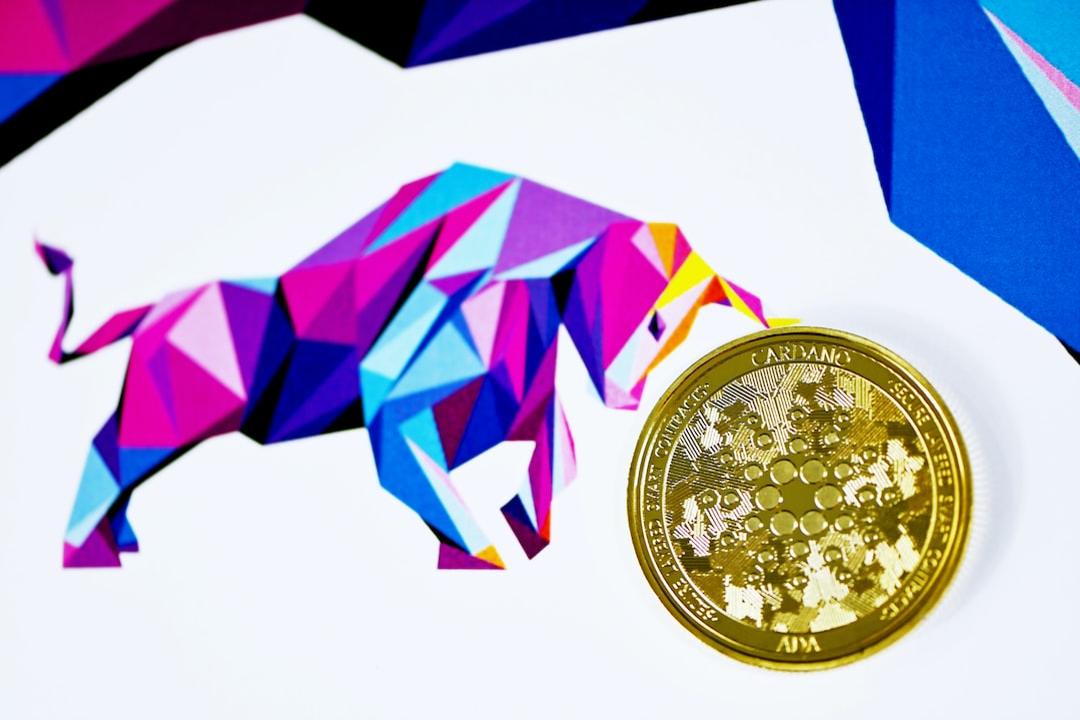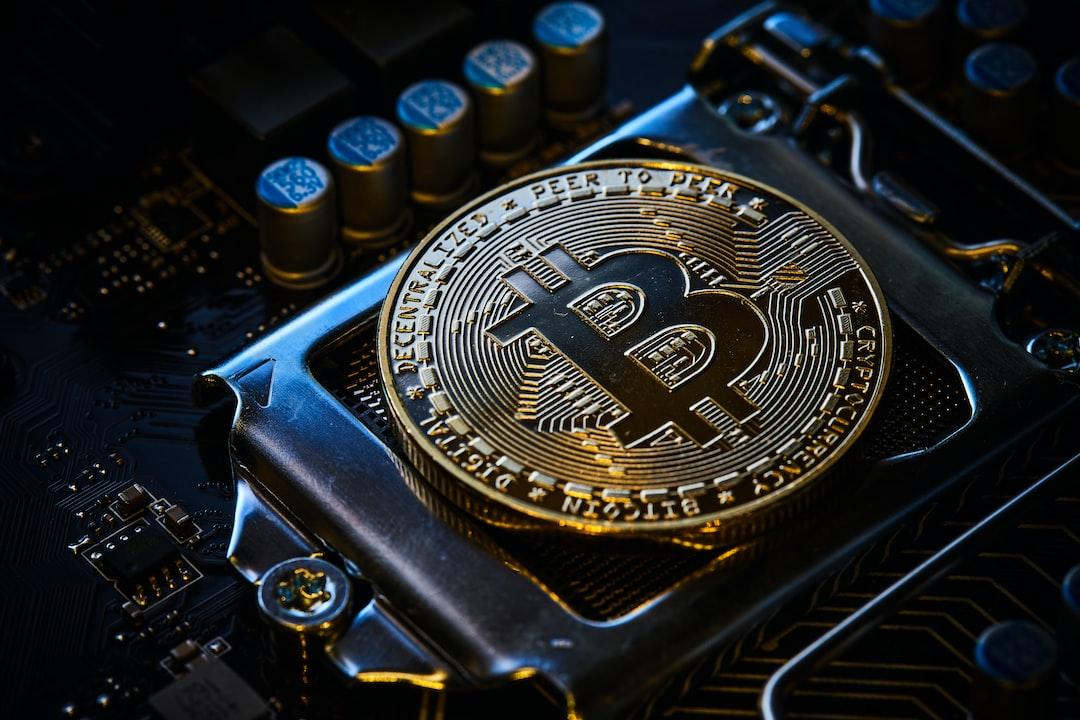Yuga Labs’ Two Games Acquired! Why Choose to Say Goodbye to Games? What’s the Strategy Behind It?
On April 18th, game studio Faraway announced the acquisition of Yuga Labs’ two major game IPs, “HV-MTL” and “Legends of the Mara,” and will introduce a new scoring system for both games. This move has sparked community controversy and questioning. Why did Yuga Labs choose to divest some of its game products? How can Faraway, as the acquirer, help the game regain market attention?
After more than a year of negotiations, Yuga Labs reached a consensus with Faraway on the acquisition proposal and successfully acquired HV-MTL, Sewer Passes, Otherside Vessels, Otherside Maras, Otherside Kodamaras, Otherside Ship parts, Otherside Catalyst, and Otherside Partner Loot. These game partners will support cross-game interactions within the Faraway network.

Two games will introduce a scoring mechanism!
At the same time, HV-MTL and LoTM games will introduce a scoring system.
Among them, all HV series will receive a new metadata field called “HV-MTL Points.” HV level, Companion, and Powerscore will all come into play when determining user scores.
Evolution to EVO-2 and the consumption of AMP and rare types will also have a certain impact on the points; all Kodas and Kodamaras will also receive a new metadata field called “LoTM Points.”
It should be noted that the Otherside Koda series in Legends of the Mara will still be retained under the Yuga Labs brand, but different points can be obtained based on the NFT asset type. As part of the acquisition, Yuga Labs will destroy the 4,295 undisclosed HVMTL it holds.
In addition, Faraway has also appointed Spencer Tucker, the Chief Game Officer of Yuga Labs, as the Chief Product Officer. He previously served as the President of Mobile Games at Scopely and has about twenty years of experience in the gaming industry, specializing in game development, design, UGC, Web3, and creative community engagement.
However, this acquisition news did not have a significant boost to the price of Yuga Labs’ game assets. According to Magic Eden data, in the past 24 hours, the floor price of HV-MTL has fallen to 0.0699 ETH after a brief rise, with a gain of only 1.39%; Otherside Vessels increased by 1.3%, with a daily trading volume of only 0.2 ETH; Otherside Maras increased by 1.48%, with a daily trading volume of only 5.2 ETH, and so on.
The community’s response to Faraway’s acquisition has been mixed. Some members believe that Yuga Labs’ sudden sale of game assets without communicating with the community shows a lack of interest in the interests of the holders.
At the same time, the company selling the games with the most profit potential, when its own NFT prices are continuously declining, makes it difficult to achieve sustainable revenue growth.
However, some people point out that professional matters should be left to professionals. Yuga Labs’ lack of action in games in the past has proven their lack of ability to operate games, and Faraway may bring a turning point.
Who is Faraway? Raised Nearly $30 Million, Released 3 Games
“HV-MTL and LoTM are better suited for Faraway, a company with a strong gaming DNA, and it is the best ‘home’ for them,” says Yuga Labs.
Faraway is a blockchain game development studio founded in 2021. It includes Web3 game development kits and creator kits, allowing users to build games, create and sell interoperable assets, and analyze player on-chain activities using APIs and development tools. It mainly targets game developers, brands, asset creators, and curators, and currently supports Solana, Ethereum, and Polygon.
Faraway’s two co-founders, Alex Paley and Dennis Zdonov, have participated in multiple projects together, including working with Spencer Tucker at the mobile game studio midcore. So far, Faraway has raised nearly $30 million, including a secretly raised seed round of over $8 million and a Series A funding of $21 million. Investors include former FTX, a16z, Lightspeed, Solana, Jump Capital, Sequoia Capital, and Pantera Capital, among others.
According to the official website, Faraway has three games, including the Solana-based shooting game Mini Royale: Faraway released in 2021, as well as the NFT game Serum City and the adventure game Dookey Dash Unclogged, which were developed in collaboration with Yuga Labs. Because Faraway has a precedent for issuing tokens in games, the community speculates that there is a possibility of issuing coins after introducing Yuga Labs’ games.
Greg Solano, the CEO of Yuga Labs who returned to the position this year, expressed his approval of Faraway after the acquisition announcement. He stated that compared to Yuga, the Faraway team has a rich professional background and is skilled at creating user-sticky and fun games using popular global IPs.
At the same time, Faraway is a native crypto game development team with over 100 people, and they have enough expertise to build and operate these games. Additionally, he revealed that Yuga Labs will focus more on the metaverse Otherside, Bored Apes, and Punks in the future.
It is worth mentioning that in an interview with NFTNOW, Greg Solano revealed that although he regrets Yuga Labs’ delay in re-entering Ordinals after the release of the Bitcoin NFT series TwelveFold, sometimes chasing narratives can be dangerous.
Overall, although this acquisition event did not improve Yuga Labs’ declining development trend, its increased focus on NFT IP construction may bring a turning point in the future. Whether “HV-MTL” and “Legends of the Mara” can regain market vitality with the help of Faraway remains to be seen.
This article is authorized and reprinted from PANews.
Proofread by: Gao Jingyuan

